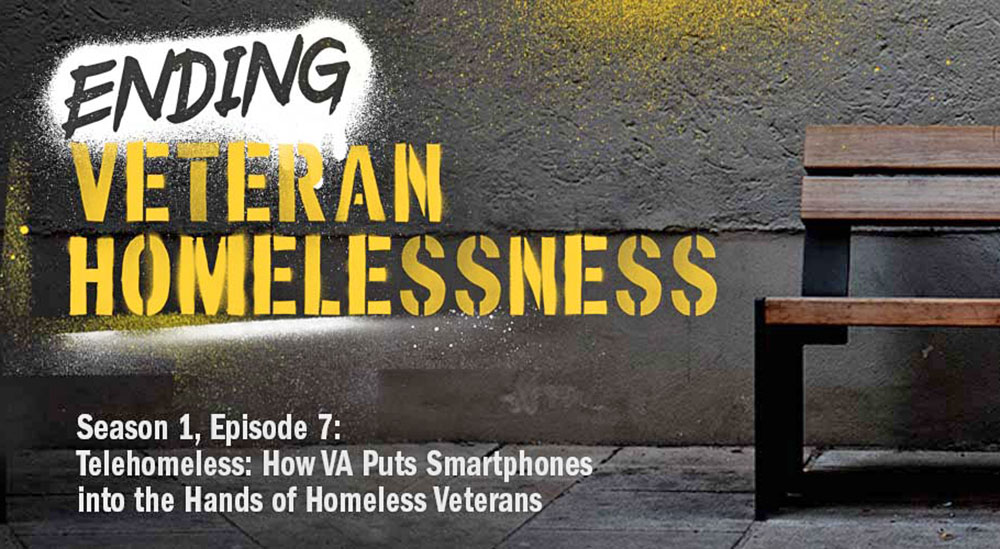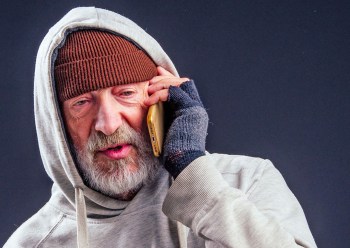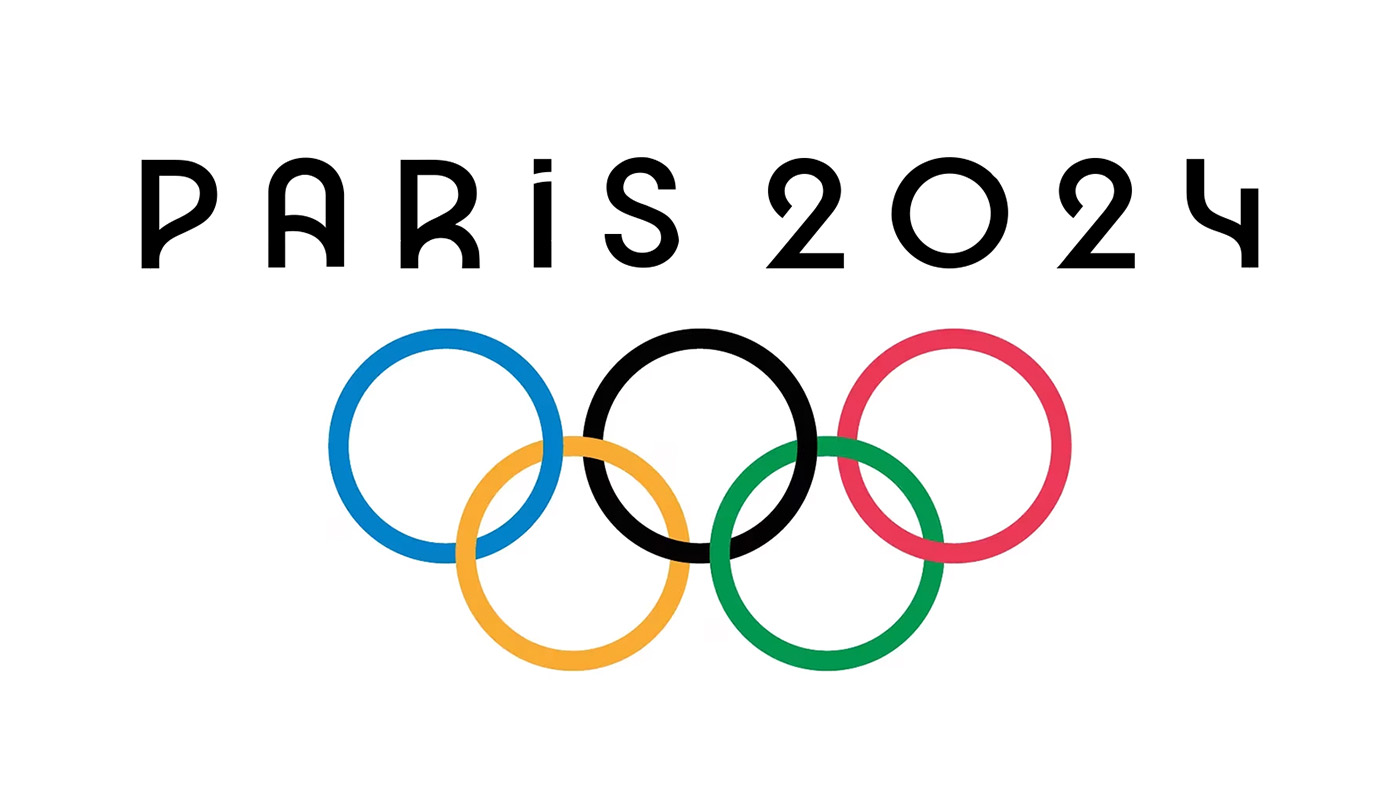From checking the weather and answering work emails to listening to our favorite VA podcasts, it’s hard to understate how much smartphones have changed our lives.
Jennifer Nemeth, business operations and staffing coordinator with the business intelligence team in VA’s Homeless Programs Office (HPO), believes smartphones are now essential medical devices.
On this episode of Ending Veteran Homelessness, Nemeth talks about why VA purchased 10,000 smartphones for Veterans at the height of the pandemic, and how the phones have proven to be necessary when it comes to protecting Veteran health outcomes and preventing Veteran homelessness.
Finding a new service plan
At the onset of the COVID-19 public health emergency in March 2020, HPO directed staff across the country to dramatically decrease face-to-face encounters with Veterans.
This was critical in keeping Veterans experiencing homelessness as safe as possible by minimizing transmission of the virus, as they were—and remain—a vulnerable population. Like most organizations in the earliest days of the pandemic, Nemeth recalls, “It did throw us for a loop.”
Nearly all essential VA homeless program services, from outreach activities to visiting shelters and Veteran homes, were reliant on face-to-face interaction before the pandemic hit.
VA caseworkers needed to find ways to adapt and adjust—and fast. (Learn more about how VA responded to the needs of Veterans experiencing homelessness in the earliest days of the pandemic by listening to Episode 1 of this podcast.)
“A huge undertaking”
It is not an exaggeration to say that finding a way to maintain strong communication between VA caseworkers and Veterans experiencing homelessness was vital to protecting Veterans’ lives.
For individuals experiencing homelessness, having the most up-to-date and accurate information on what resources were available and what services remained in operation could determine if they had a meal to eat or a place to sleep at night.
With in-person medical care delivery interrupted across the country, all Americans—including Veterans—needed a new way to engage with their health care providers. For many of us, telehealth has proven to be an adequate and safe method of monitoring non-urgent health issues. But for Veterans without a home, internet access, or the right technology, the benefits of telehealth were unobtainable.
Thanks to dedicated VA employees, this changed quickly. “We have really great staff that advocate for our Veterans in our national office who pursued a huge undertaking with leadership to see what ability we would have to get devices out to the field and to our Veterans,” Nemeth says.
App-lying full potential
After ordering 10,000 new smartphones, VA staff worked diligently to get the technology into Veterans’ hands as soon as possible.
Initially, the smartphones were provided to Veterans in the HUD-VASH program, the collaborative program that combines VA’s case management and supportive services for Veterans with HUD’s Housing Choice Voucher rental assistance. They were considered “loaner devices.”
The phones were programmed to only allow VA apps, such as VA Video Connect. That’s an application that allows Veterans to quickly and easily meet with their VA health care providers over encrypted live video on a mobile device or computer.
While these devices proved useful, VA realized when a phone’s full potential was not being used, a Veteran could not reach their full potential. “What we found is that there were other needs our Veterans had,” says Nemeth. Her team saw the phones as tools for Veterans to apply for benefits, look for employment and search for housing options.
The ever-evolving landscape of COVID-19 made access to the full capabilities of a smartphone increasingly necessary for Veterans to use rideshare apps when public transit options were limited. It also helped them to secure food and stay in communication with their loved ones.
Our means of remaining connected
Nemeth and her team modified the original devices and purchased additional phones to distribute to Veterans “non-loaner” devices with expanded capabilities. Veterans also received a charger and a time-limited (typically one-year), pre-paid data plan.
After the first year, Veterans have the option of transferring the device to their own plan, offered by VA and major carriers at an affordable rate. Even if a Veteran chooses not to pay for a cellular plan, they can use the phones on Wi-Fi to access essential services, such as telehealth and the internet.
In both scenarios, the phones have proven to be an integral tool for staying connected with Veterans experiencing homelessness. “This is our means of remaining connected to health care for our Veterans and ensuring they get off the streets,” Nemeth says. “That we remain connected to them helps them get into permanent housing, get into shelters for the night, and we can check in on them.”
A charge for the future
“We look at these as medical devices in the same way cardiology would look at a heart monitor. Or as VA’s Spinal Cord Injuries and Disorders System of Care would look at robotic legs,” she adds.
VA also provides Veterans with the training they need to navigate and maximize their phones. The VA Salem Health Care System staff has developed an innovative approach to smartphone training education to keep Veterans engaged in VA health care services and increase Veterans’ technology skills.
The benefits of the phones are not just technical. They can also facilitate important emotional benefits. “You hear the stories from Veterans who see their daughter on FaceTime for the first time in 10 years. These are the things that they need to support their mental health,” Nemeth says. “This is something that we need to continue.”
Learn about VA programs
- If you are a Veteran who is homeless or at risk for homelessness, call the National Call Center for Homeless Veterans at 877-4AID-VET (877-424-3838).
- Visit the VA Homeless Programs websiteto learn about housing initiatives and other programs for Veterans exiting homelessness.
- Check out the Ending Veteran Homelessness podcast to learn more about what VA is doing about Veteran homelessness.
- For more stories like these, subscribe to the Homeless Programs Office newsletter to receive monthly updates about programs and supportive services for Veterans experiencing or at risk of homelessness.
Topics in this story
More Stories
Seven U.S. Army soldiers, one Army Reserve soldier and two Veterans are representing Team USA at the 2024 Olympic Games in Paris, which begins today.
Study underscores important role COVID vaccination can have in protecting Veterans from infection and reducing long-term health consequences
Columbia VA’s robotic surgery teams completed their 800th robotic surgery and are on schedule to hit 1,000 by the end of the year.








I don’t think this is fair to only give Veterans that are on the hud VASH program cell phones . I’m a homeless Veteran and need a phone. So Homeless Veterans have to be on a certain program singles out other homeless Veterans that need this help also.